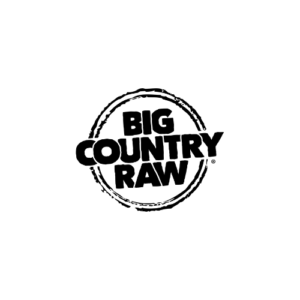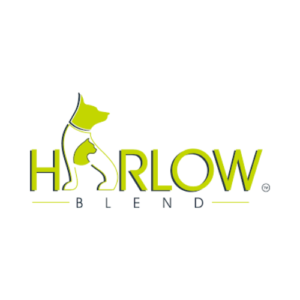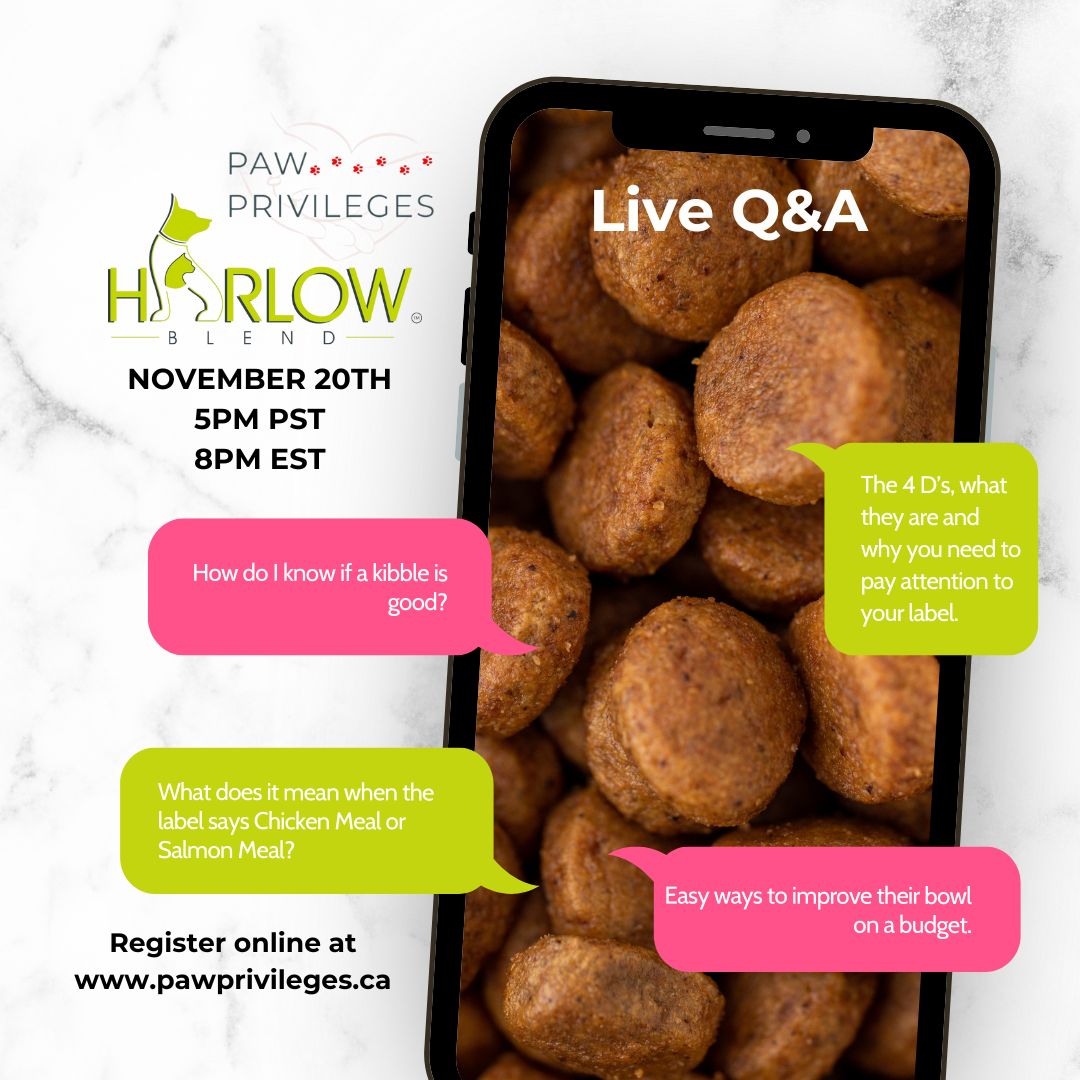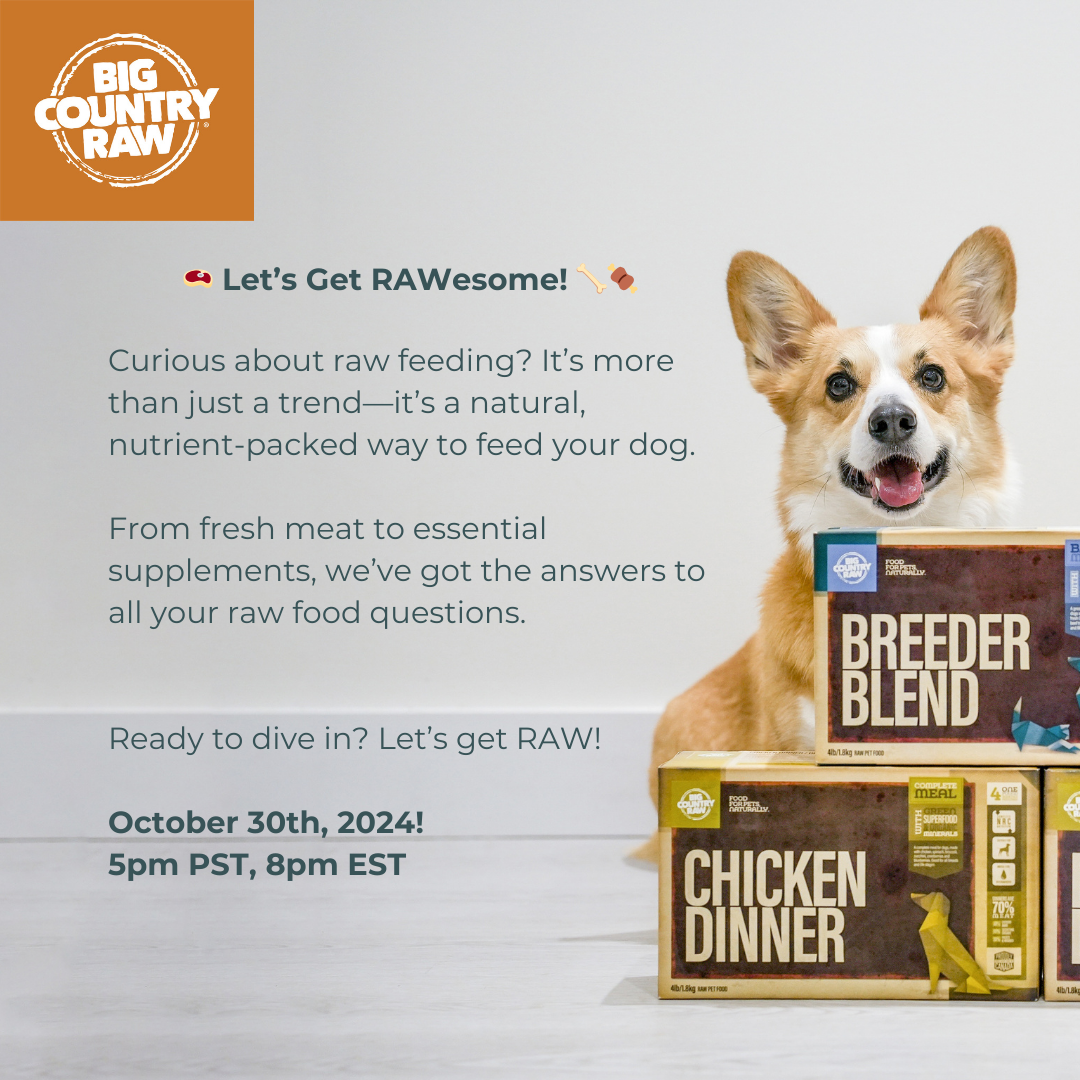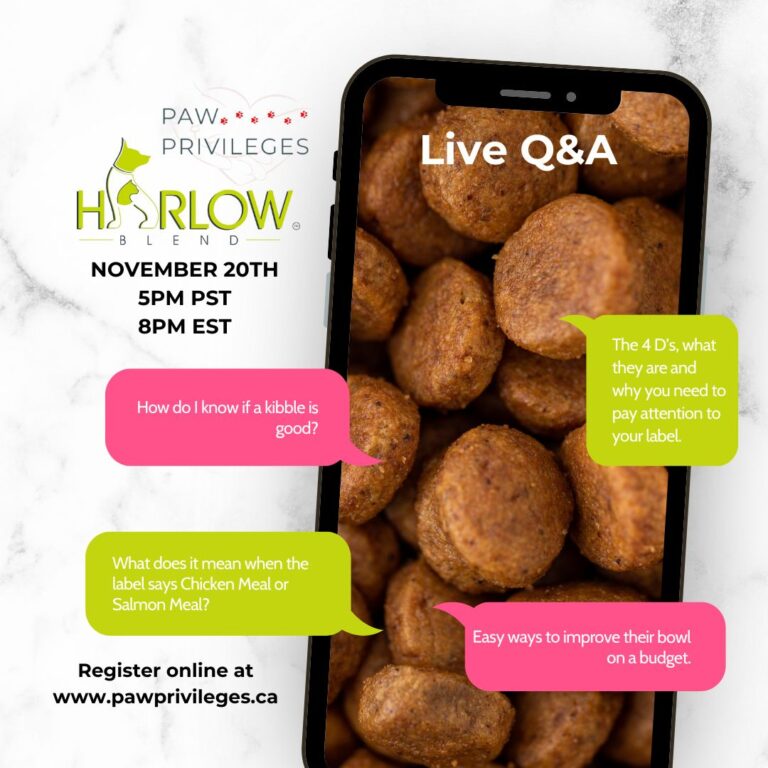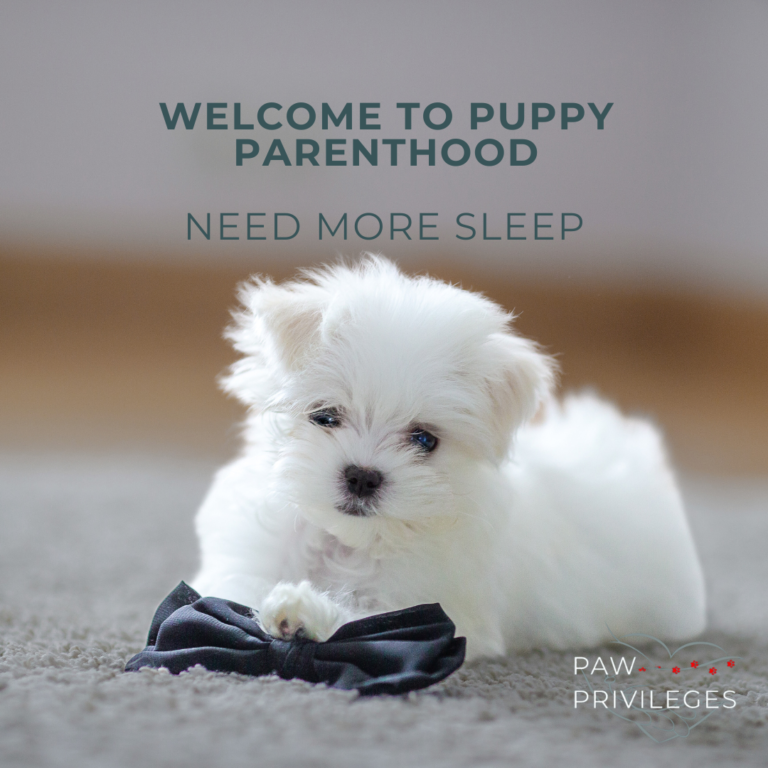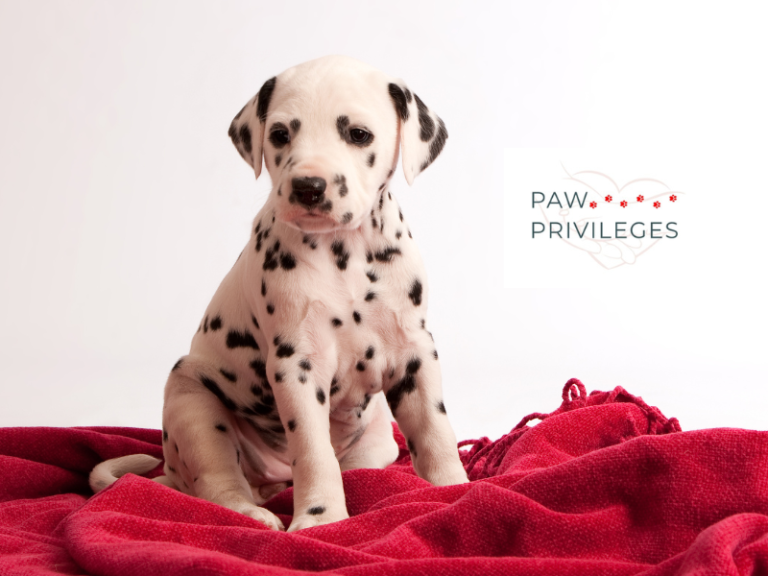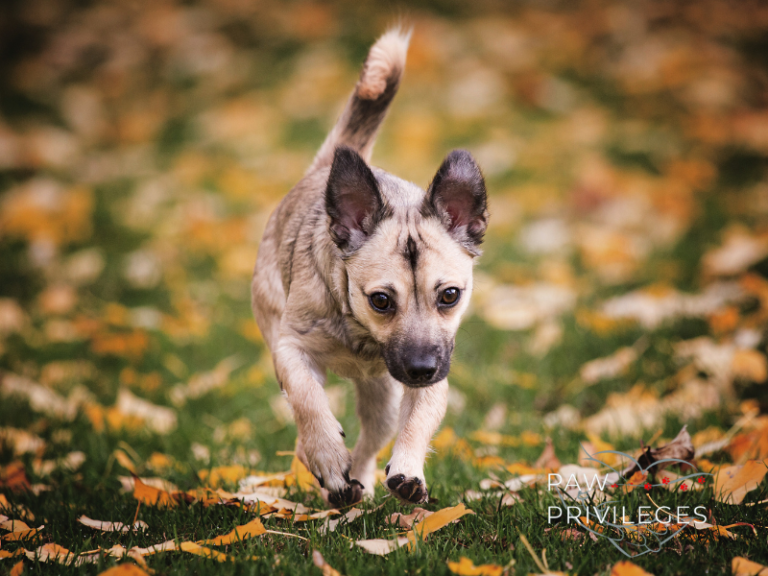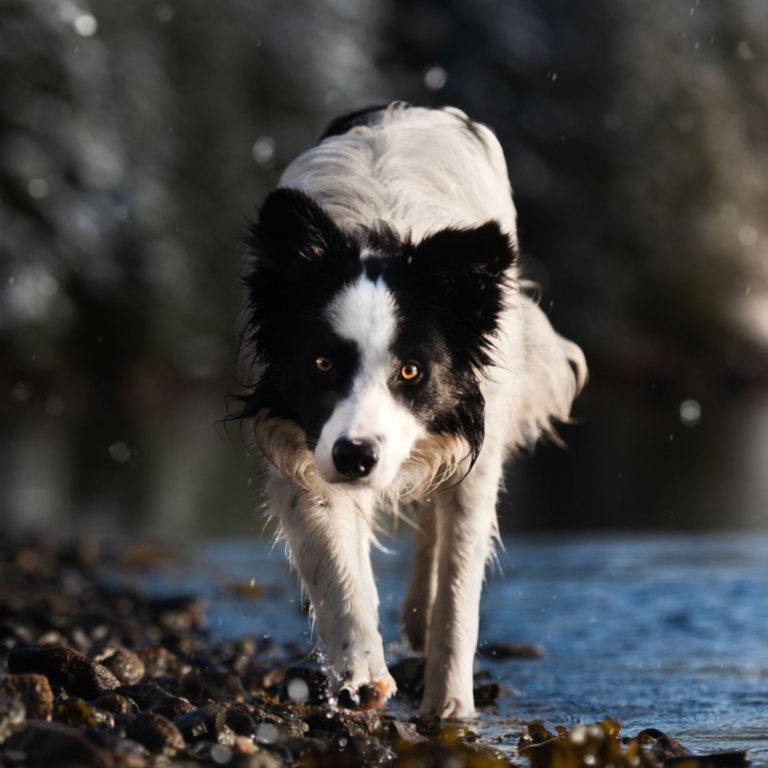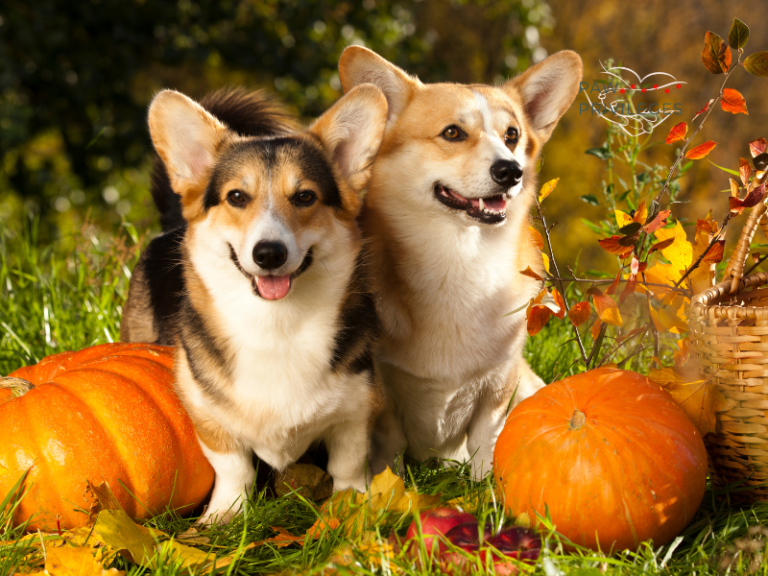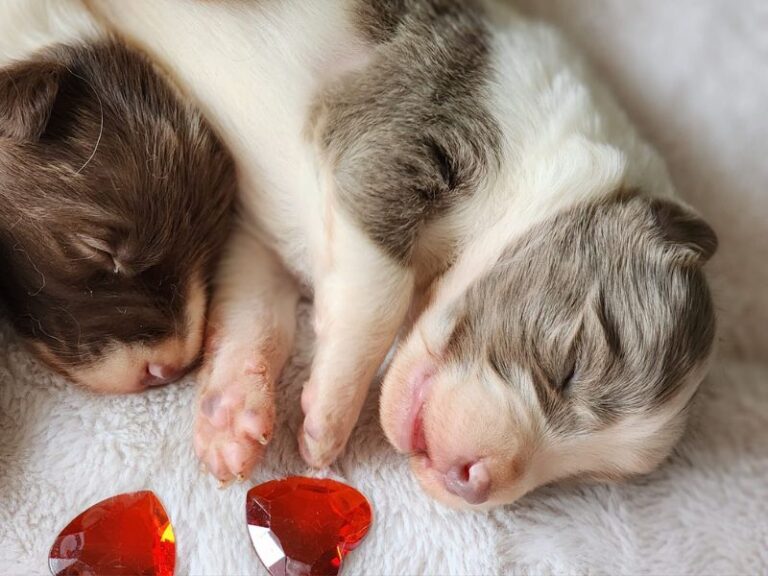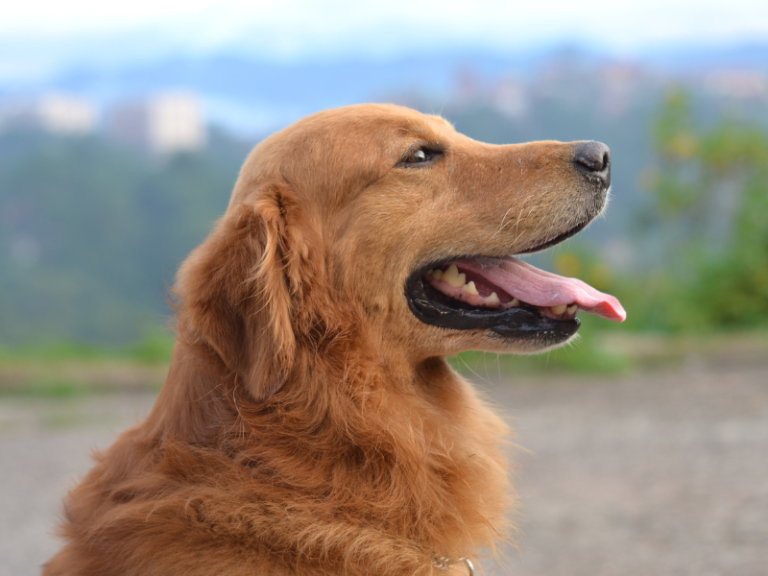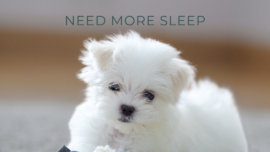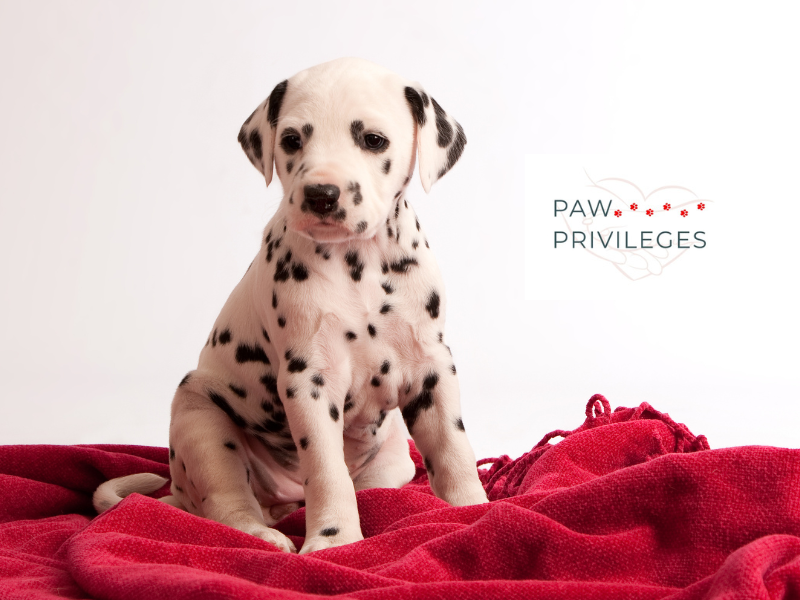
Puppy Go-Home Day: What to Expect and How to Prepare for the Transition
Puppy Go-Home Day: What to Expect and How to Prepare for the Transition
Puppy Go-Home Day: What to Expect and How to Prepare for the Transition
Bringing home a new puppy is an exciting milestone for both you and your new furry family member. After weeks of anticipation, research, and preparation, the big day has finally arrived: it’s time for your puppy to come home! However, this day marks just the beginning of an important transition period. To help your puppy adjust to their new environment, it’s crucial to understand what to expect during these first few weeks and how to create the best experience for your pup.
The Big Day: What Happens When You Bring Your Puppy Home
On the day your puppy comes home, emotions will be high—excitement, joy, and maybe even a little nervousness. While it’s an incredible moment, it’s important to keep in mind that your puppy is leaving behind the only world they’ve known: their mother, littermates, and familiar surroundings. This change can be overwhelming for a young puppy, and their reactions may range from excitement and curiosity to uncertainty and fear.
Here’s what you can expect on Go-Home Day:
- Uncertainty and Nervousness: Your puppy may feel confused or anxious. They’re leaving behind the familiar scents, sounds, and routine of their first home, which can be unsettling.
- Exploration and Exhaustion: Some puppies will want to explore their new environment immediately, while others may be more cautious. Either way, don’t be surprised if they tire out quickly—this is a lot for them to process.
- Whining or Crying: It’s common for puppies to whine, especially during their first night. They may miss the comfort of their littermates and the security of their previous environment.
The First Few Days: Establishing Routine and Comfort
The first 48 to 72 hours are key to helping your puppy settle into their new home. While it’s tempting to introduce them to all your friends and family immediately, it’s recommended to keep the number of visitors to a minimum during this time. Allow your puppy to explore their new surroundings at their own pace and focus on creating a calm and structured environment.
Tips for the First Days:
- Set Up a Safe Space: Create a comfortable, quiet space where your puppy can retreat to rest and feel secure. A puppy pen or crate can provide them with a cozy “den” to call their own.
- Stick to a Routine: Start establishing a feeding, play, and potty schedule from day one. Puppies thrive on routine, and a predictable schedule will help them adjust more quickly.
- Minimize Visitors: As hard as it may be, try to avoid having too many people over to meet the puppy right away. This can be overwhelming and stressful for them in their first days. Allow your puppy time to bond with you and your household before introducing new faces.
The Adjustment Period: It Takes Time (3-4 Weeks)
It’s essential to understand that puppies need three to four weeks—not just a few days—to fully acclimate to their new home and environment. During this period, it’s important to give your puppy time and space to settle in, build trust, and learn the routines of your household.
Here’s what to expect and focus on during these critical first weeks:
- Behavioral Changes: Your puppy may experience some changes in behavior as they adjust. This can include shy or timid behavior, difficulty sleeping through the night, and potty training mishaps. Be patient—these behaviors are normal and will improve over time as your puppy becomes more comfortable.
- Building Trust: Use this time to bond with your puppy. Engage in gentle play, positive reinforcement training, and lots of affection. This period is essential for building the foundation of trust between you and your puppy.
- Socialization Gradually: While it’s important to introduce your puppy to new people, pets, and environments for proper socialization, this should be done slowly. Start with quiet, controlled experiences, and gradually expose your puppy to more as they become confident in their surroundings.
- Training Basics: During these weeks, you can begin teaching your puppy basic commands and good behavior through positive reinforcement. Keep sessions short and fun, and always end on a positive note.
- Clinginess and Separation Anxiety: Puppies can sometimes become extra clingy or anxious as they adjust. This is a normal response to a new environment. If your puppy whines when left alone, start crate training or leave them with enrichment toys to help them feel secure.
Long-Term Care: Supporting Your Puppy’s Development
As the adjustment period winds down, your puppy will start to become more confident in their new home. This is when you’ll really see their personality come to life. While they may seem settled by the end of the first month, it’s important to keep reinforcing good habits and focusing on their long-term development.
Things to Continue:
- Ongoing Socialization: Gradually increase the types of environments your puppy is exposed to, such as different people, pets, and places. This will help them become well-rounded and confident adults.
- Consistent Training: Keep up with basic training commands and introduce new ones. Training sessions are a great way to build trust, encourage good behavior, and stimulate your puppy’s mind.
- Vet Visits and Health Maintenance: Ensure your puppy is up-to-date with vaccinations, deworming, and flea/tick prevention. Regular vet check-ups during the first few months are critical to ensuring your puppy is developing healthily.
The Emotional Impact on Owners
Bringing home a puppy is a joyous occasion, but it’s also an emotional and demanding process. Just like your puppy, you’ll be going through a period of adjustment too. There will be moments of frustration (especially during potty training!) but also lots of joy as you watch your puppy grow and learn.
Patience, consistency, and love are the keys to helping your puppy transition smoothly into their new life with you. By understanding what to expect during the go-home phase and the weeks that follow, you’ll be setting the foundation for a happy, healthy, and well-adjusted adult dog.
Your Puppy’s New Journey Begins
The excitement of bringing home a puppy is just the start of a rewarding and life-changing journey. Remember, every puppy is different—some may adapt quickly, while others may need more time and patience. The most important thing is to provide a supportive, calm, and loving environment as they transition into their forever home.
By allowing your puppy time to acclimate, sticking to a routine, and offering lots of love and encouragement, you’ll give them the best start to their new life. Before you know it, they’ll be fully integrated into your family, and those early adjustment weeks will be a fond memory!
Pumpkin & Greek Yogurt Puppy Treat Recipe:
As a bonus to your puppy’s go-home day, why not treat them to a homemade, nutritious snack? Pumpkin is great for digestive health, and Greek yogurt is packed with probiotics to support a healthy gut.
Ingredients:
- 1/2 cup canned pumpkin (plain, no spices)
- 1/4 cup plain Greek yogurt
- 1 tbsp ground flaxseed
- 1 tsp honey (optional)
Instructions:
- Mix all ingredients in a bowl until well combined.
- Spoon the mixture into silicone molds or ice cube trays.
- Freeze for 1-2 hours until solid.
- Pop out the frozen treats and store them in an airtight container in the freezer.
These treats make for a refreshing and healthy snack as your puppy adjusts to their new home!


